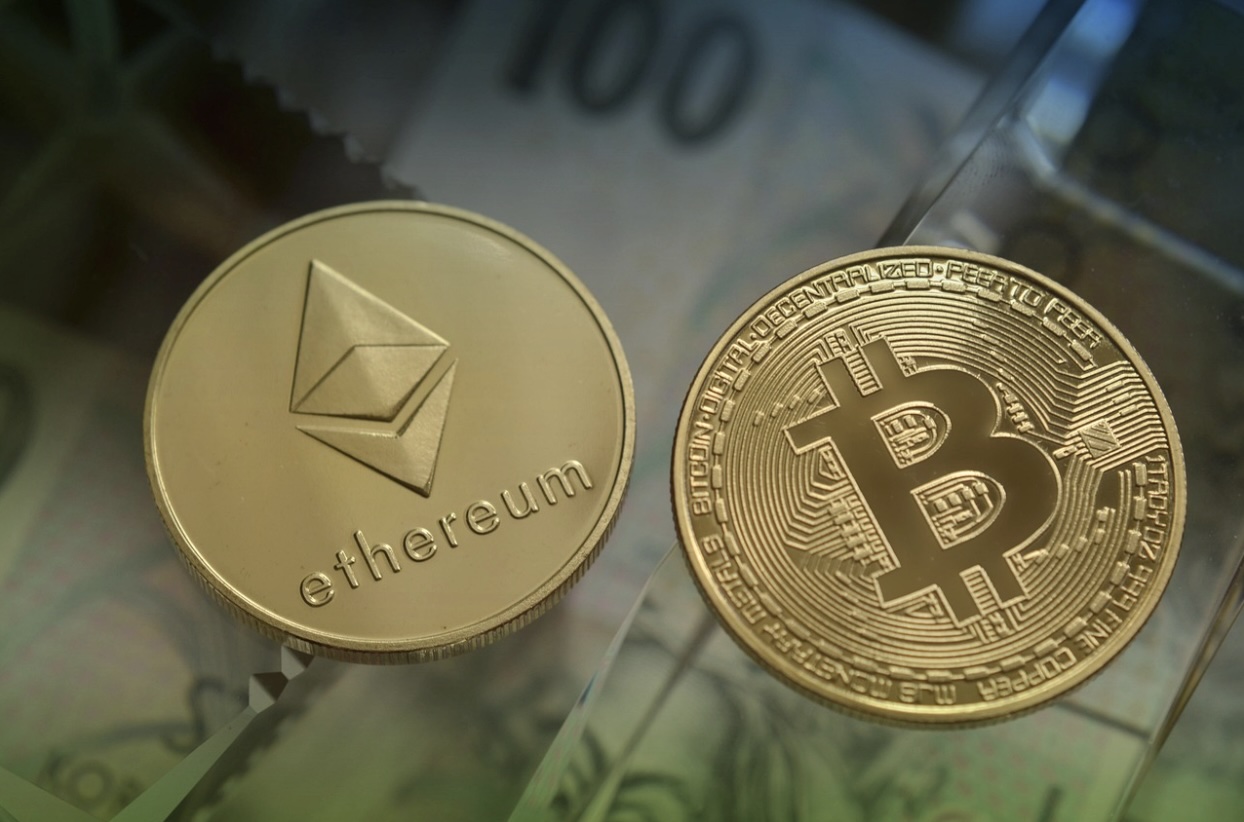Oct 17 (News On Japan) - Cryptocurrency is no longer a niche term as it was a few years ago, but a mass financial instrument that has captured the attention worldwide.

The buzzword continues to dominate discussions about the future of the global monetary system and how individuals could interact with each other in the future. From Tokyo and beyond, the promise of cryptocurrencies is to dismantle the barriers of the past so that value is transmitted freely without any need for intermediaries.
Bridging Borders with Digital Finance
Some analysts forecast that global crypto adoption could reach double‑digit percentages by 2025, possibly pushing toward 10–15 % penetration. The movement toward connectivity based on assets instead of traditional railings of classic finance is seeing more and more benefits for the average person. The Blockchain-powered decentralized networks make transactions possible nearly instantly - despite geography or banking infrastructure.
Imagine a world where a peer in São Paulo is able to send money to the shopkeeper in Osaka in a matter of seconds, bypassing the days-long settlement times, steep charges, and all the bureaucracy that often rides on the coattails of cross-border payments.
Stablecoins, whose supply jumped by 54% year-over-year, act as the anchor in this rapidly expanding system, allowing stable cross-border value transfers without the risk of fluctuating exchange rates.
Cryptocurrency's attraction is also bolstered by specially created wallets for security and usability. As an example, users requiring strong security and multi-chain functionality will opt for the bep wallet download, which provides encrypted private keys, biometric security, and two-factor authentication. The wallet is compatible with over 60 network specifications, including BNB Chain, Ethereum, and Solana, with an integrated decentralized exchange allowing token swaps instantly without custodial risk
These qualities breed confidence and reduce the barriers for new users in markets such as Japan, where smartphone penetration and tech-literate consumers condition the ecosystem for fast adoption - like Japan Post Bank which has introduced plans to launch a yen-based digital currency.
Empowering Japan’s Economic Ties
Japan's adoption of cryptocurrency has gained pace quicker than most of its Asian counterparts. This spike is not only drawing retail traders but also big players such as the popular “PayPay” to join crypto exchanges, integrating digital currencies into daily payments.
As of May 2025, there are 12.41 million crypto users in Japan(nearly 15 percent of adults) who are predominantly aged 30-40 years old and whose focus is on long-term holdings. Combined custody is above ¥4.26 trillion, meaning that crypto is becoming a strong household adoption and showcasing market maturity locally.
Meanwhile, it’s not just your average citizen either. Indeed, it’s no wonder retail shops are attracted by the self-custody mechanisms eliminating the role of the third-party custodians so that "not your keys, not your coins" remains the bedrock principle.
It’s safe to say that Japan will likely reinforce the regulatory structures to match securities law and build up consumer confidence, reaffirming the linkages between global DeFi protocols.
Japan is also putting itself on the map regarding cryptocurrency. The island nation recently ranked 19th place as reported by the 2025 Global Crypto Adoption Index, showing that change is happening at an institutional level, too.
As the nation increasingly incorporates crypto payments into the economic infrastructure (convenience stores, online stores, etc.), domestic businesses are presented with an expedient payment solution bridging domestic and overseas consumer bases.
Fostering Cultural and Idea Exchange
In addition to just the raw numbers and financial benefits, the open-protocol and permissionless access provided by cryptocurrency could provide a platform for cultural exchange.
Japan is an industry leader in the gaming and robotics sector, placing increasingly strenuous demands on blockchain to support digital art, play-to-earn gaming, and Web3 online communities.
Inter-chain smart contracts make possible the cooperation between Tokyo-based artists and their Korean, Berliner, and San Francisco-based peers like never before. Learning projects, financed by grassroots government grants and token incentives, could give access to learning materials.
Another example can even be community-based initiatives. Should a system be in place, rural pupils from Japan could have something like the ability to acquire tokens by finishing blockchain courses offered by global tutors, then exchange the tokens for digital school books from anywhere around the world.
This kind of participation and reward cycle entails that the business account books will not be the only ones that will benefit from mainstream inclusion of cryptocurrency.















